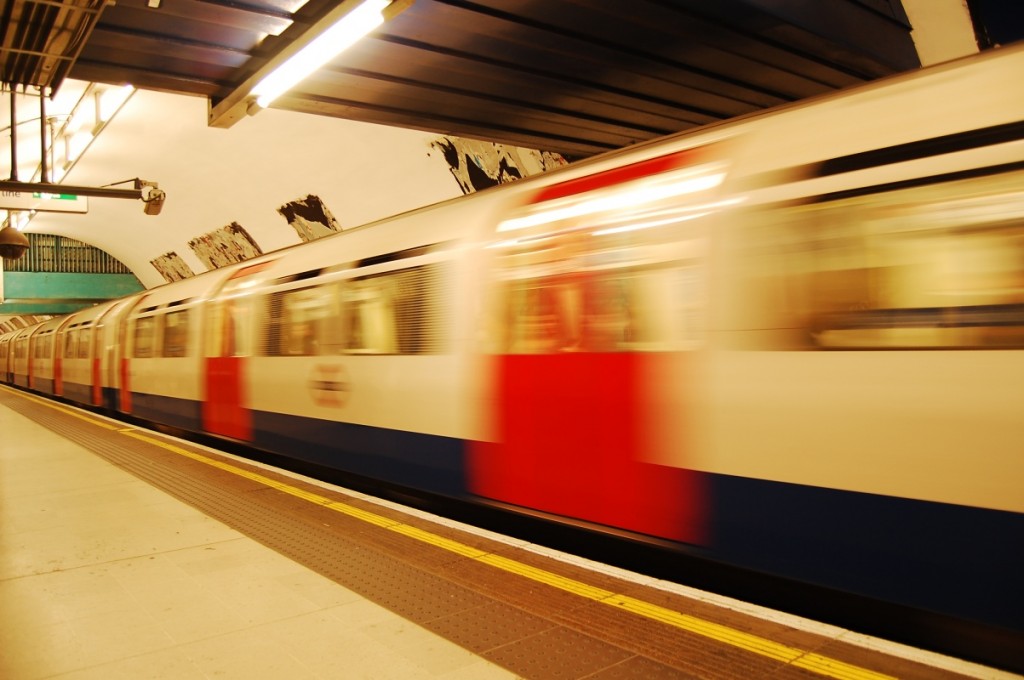Rail commuters returning to work in offices, shops and other commercial properties have been hit by big New Year rail fare increases, according to figures released by Passenger Focus. The rises apply to regulated fares and season ticket prices set by train operating companies and came into effect on January 2nd. The independent passenger watchdog has spoken out against the increases which, it says, will make it a ‘frosty’ return to work for many commuters.

As a result of the difficult economic climate of the past year, the average UK wage rise of 1.4% was wiped out by rising prices meaning that, in real terms, incomes fell by 3.5%. With the New Year festivities over, many staff returning to offices this week will be hoping for better times ahead. For commuters, however, the news of the rail fare increases will dampen any optimism that conditions might improve in the short term and means they will begin 2012 with less disposable income than they ended 2011.
The figures from Passenger Focus show that commuters face an average increase of 6%, but on some routes this rises to a staggering 11%. As an indication of what this will mean to passengers, an annual season ticket from Guildford to London will now cost over £3000. Elsewhere, commuters travelling between homes in Crewe and offices in Chester will have to fork out an extra 10.6% for their tickets.
Micheal Roberts speaking on behalf of the train operating companies appears to lay the blame for the increases at the feet of the Government. Explaining that the amount tax payers contribute towards investment in the rail network has been steadily eroded. He claims that the operators have no choice but to increase the share paid by the passenger.
Passenger Focus argues that this shift in costs is unfair and also calls for an improvement in services. In a press release, Chief Executive, Anthony Smith, stated: “2011 saw the industry’s inefficiencies highlighted in a number of reports. The current policy of moving costs from the tax payer onto the fare payer will go totally sour if the whole industry and the government does not wring better value for money out of its spending –why should passengers go on paying for a fractured inefficient industry?”
The UK already has the highest rail fares in Europe. Research by the Campaign for Better Transport (CBT) reveals that UK passengers pay between 3.5 and 10 times more on routes of around 23 miles than our EU counterparts. The organization has called on passengers to mount a protest against rising fares and urges them to text, tweet and call the Treasury to express their opposition.
Meanwhile there is better news for commuters relying solely on London Transport to reach their offices. As a result of a Government cash injection of £136 million, a proposed 7% increase in bus and tube fares has been avoided. But passengers won’t be celebrating unduly –they still face a rise of 5.6%.